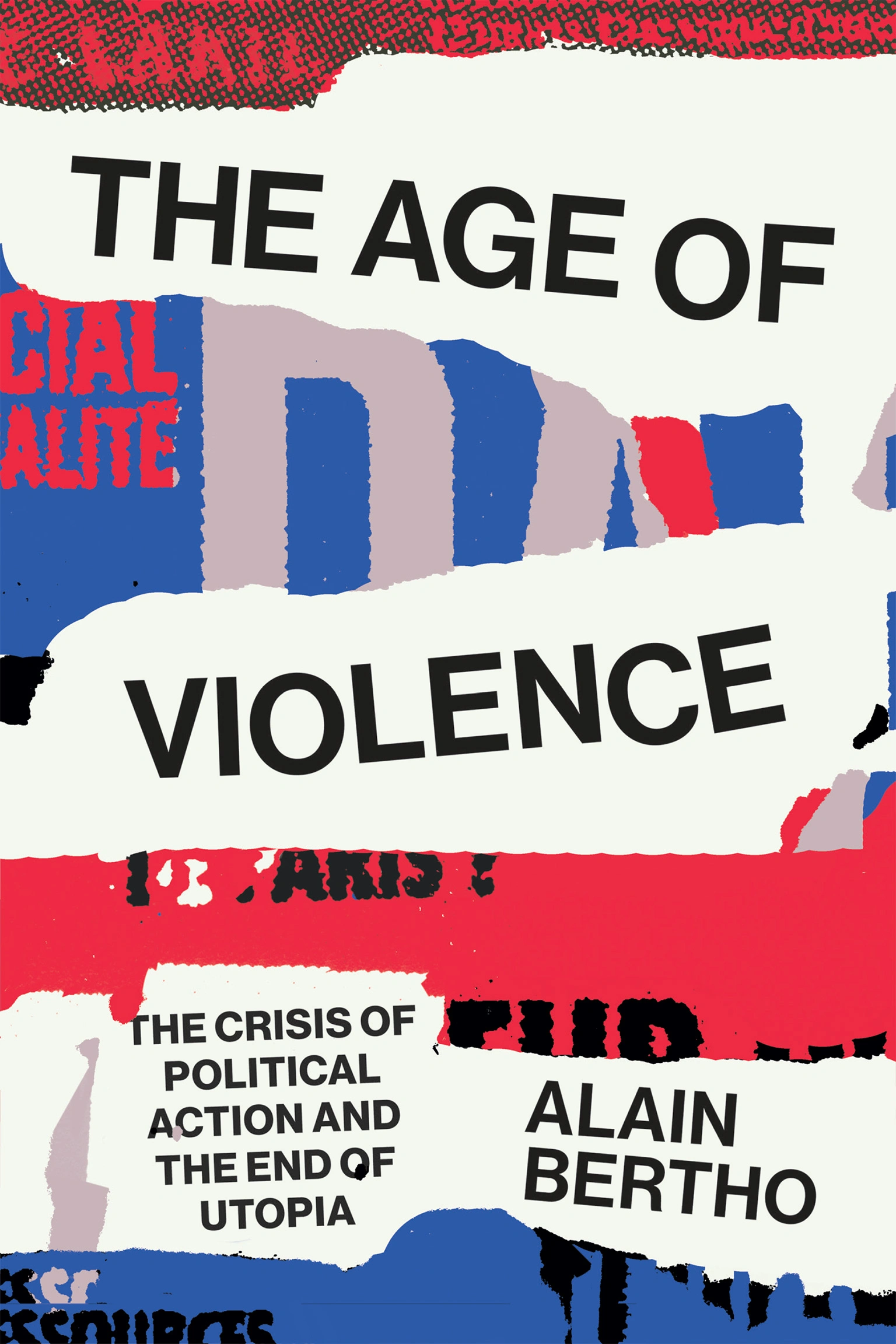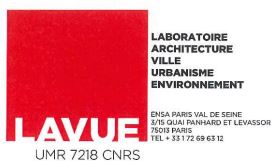Violence à Baidoa mars 2009
Witnesses: Somalis protest Islamist drug ban
MOGADISHU, Somalia (AP) — Hundreds of Somalis demonstrated against Islamist fighters Wednesday after they imposed a ban on a popular narcotic leaf in a southwestern town, witnesses said.
The protest is the latest setback for the group, whose leaders the U.S. State Department say have al-Qaida links.
One person was wounded during the protest in Baidoa, the country’s former parliamentary seat, after the Islamist al-Shabab fighters fired in the air to disperse protesters, witness Abdirahman Abdullahi said.
Al-Shabab’s head of security in Baidoa, Sheik Hassan Deerow, said several protesters had been jailed. Resident Mukhtar Adaw said more than 50 people had been detained, among them many women and children.
The protest began after the hardline al-Shabab militia banned qat, Baidoa resident Hassan Eden said.
Qat leaves produce a mild narcotic buzz when chewed and are a central part of traditional Somali social life. Many Somali women make a living selling the green leaves, and Somali men enjoy chewing them with friends.
Al-Shabab controls large chunks of southern Somalia and imposes a harsh brand of Islam, while battling government troops and African Union peacekeepers.
Al-Shabab has tried to ban qat before with little success. Many Somalis, who traditionally follow a more moderate form of Islam, reject the group’s ideology but at the same time welcome any attempt to bring order to their chaotic, war-ravaged country.
This year, rival militias promoting more moderate forms of Islam have won back some territory al-Shabab seized last year.
Al-Shabab’s fight against the shaky U.N.-backed government was weakened when parliament appointed a former Islamist fighter as president earlier this year.
January’s withdrawal of Ethiopian troops allied to the government, although long a demand of al-Shabab, removed one of its most powerful recruiting tools. It has since refocused its calls for a nationalist and religious war on African Union peacekeepers.
The country has not had a functioning government since clan-based militias overthrew a socialist dictator in 1991 and then turned on each other.
Associated Press writer Mohamed Sheikh Nor contributed to this report.
Somalia: Furious protesters storm on the streets of Baidoa

Mogadishu Wednesday, 25 March 2009 SMC
Hundreds of the residents of Baidoa the headquarters of Bay region in southern Somalia have on Wednesdays thronged on the key streets of the town burning tires and blocking the streets with big rocks.
The inhabitants of Baidoa were rioting against a rule which the radical Islamic movement of Al-Shabab has imposed in the town on Tuesday.
On Tuesday the radical Islamic Movement of Al-Shabab has banned the chewing and selling of a narcotic plant known as Khat which used to arrive from the Kenyan capital Nairobi to various destinations in somalia.
So therefore on Wednesday the inhabitants of Baidoa who are either sellers of the plant or chewers stormed on the streets of Baidoa chanting anti-Al-Shabab slogans.
“Forces loyal to the Al-Shabab movement tried to return the situation ordinary, but faced unexpected challenges, and opened live bullets in the air, but after having seen that the people are yet so bold they have open fire in on the angry crowed, and this case 2 people were wounded so far” said Khadija Ahmed a mother who sells Khat in the town of Baidoa speaking to Somaliweyn radio when the riot was in action.
This would be the first ever uprising the forces of Al-Shabab has faced since it has taken control of Baidoa town after the withdrawal of the Ethiopian troops, in the beginning of this year.
It is not yet clear the final result of today’s riot in the town of Baidoa.
The twigs of this plant are commonly chewed by the Somalis, the Ethiopians and the Yemenis.
Somalia: Baidoa protests against Al Shabaab khat order
garoweonline.com
25 Mar 25, 2009
BAIDOA, Somalia Mar 25 (Garowe Online) – Hundreds of protestors took to the streets Wednesday in southern Somalia after Islamist militias banned the sale of popular narcotic khat inside city limits, Radio Garowe reports.
The protest occurred in Baidoa, a southwestern town where Al Shabaab guerrillas ordered khat traders to sell their product in the outskirts of town.
At least one civilian was wounded during the protest, as warning bullets rang in the air.
The protestors included khat traders, khat chewers and members of the general public who closed off Baidoa’s main street for hours to human and vehicle traffic, witnesses said.
Al Shabaab officers said members of their group were « injured » during the protest, with one unidentified fighter saying: « Some 40 people were put in jail, including those who organized the protest. »
Angry protestors placed huge stones along roads, while loudly chanting anti-Shabaab slogans and demanding an end to the khat order.
Yesterday, the Al Shabaab commander in Bay and Bakool regions, Sheikh Hassan Mohamed « Abu Ayman, » told a press conference in Baidoa that khat sales must be conducted at a specific location near the airport.
« Chewing khat is un-Islamic and most profit is made by neighboring countries [Ethiopia and Kenya], » he told reporters, adding: « We will try to ban it [khat] little by little. »
It is the first protest against the khat order in areas under the control of Al Shabaab. In the port of Kismayo, the most important town the group holds, the order to sell khat in the outskirts of town has not sparked protests.

Riots in Somali town over khat restriction

MOGADISHU, Wednesday 25/03/2009
Hundreds of people today rioted in Baidoa town, 240 km south of Somalia‘s capital Mogadishu against restrictions imposed in the sale and consumption of khat (miraa), the semi-narcotic herbs favoured by many people in the country.
The demonstrators gathered at Afar Irdood area in downtown Baidoa, chanting slogans against the restrictions.
Al-Shabaab, the hard line Islamist militia, on Tuesday ordered traders in Bay region to sell the stuff at the outskirts of the town. The radical movement also gave instructions that consumers could only chew the herbs at the sales points.
For three hours, the streets of Baidoa that until January 2009 was the base of Somalia’s Transitional Federal Parliament before being captured by Al-Shabaab, became chaotic as the initially peaceful rally turned violent. Stones and tree branches were laid down to block streets and objects hurled at Al-Shabaab militants found along the roads.
The crowd disbanded when armed Al-Shabaab militias started shooting on the streets. One person was injured while 50 others were detained.
Many people, especially khat enthusiasts, viewed the restriction as marginalisation and abuse against their liberty to consume the stuff in a decent way like other places in Somalia. “We want our preferences and rights respected,” shouted the demonstrators. “Khat is like any other commodity,” others chanted.
Khat chewers in Baidoa suspect that initial restrictions on khat will eventually lead to its banning. “The likelihood of khat being banned is looming and must be confronted,” said Madey Ai Mogow in Baidoa.
Al-Shabaab and other radical groups in Somalia tend to impose restrictions in the areas they control. In other occasions they ban the stuff, saying it wastes time and resources. They also insist that khat chewing is religiously unacceptable.
However, khat consumers maintain that it is just a stimulant which causes no harm to the body and does not affect the society. They say chewing of the succulent twigs is a pastime, especially after work hours.
Most of the khat sold in Somalia is imported from Kenya, which produces several varieties of miraa. Some of the khat is imported from Ethiopia. At least 20 flights from neighbouring countries land in parts of Somalia every day, delivering tonnes of khat valued at hundreds of thousands of US dollars.
For many people, the nature of the trade is interesting. “Khat is one of the highly traded stuff in the Horn of Africa,” remarked Mohamed Hersi, an economist in Mogadishu. “It is symbol of good intra-regional commerce that should be encouraged and extended to other goods and services,” he added.











